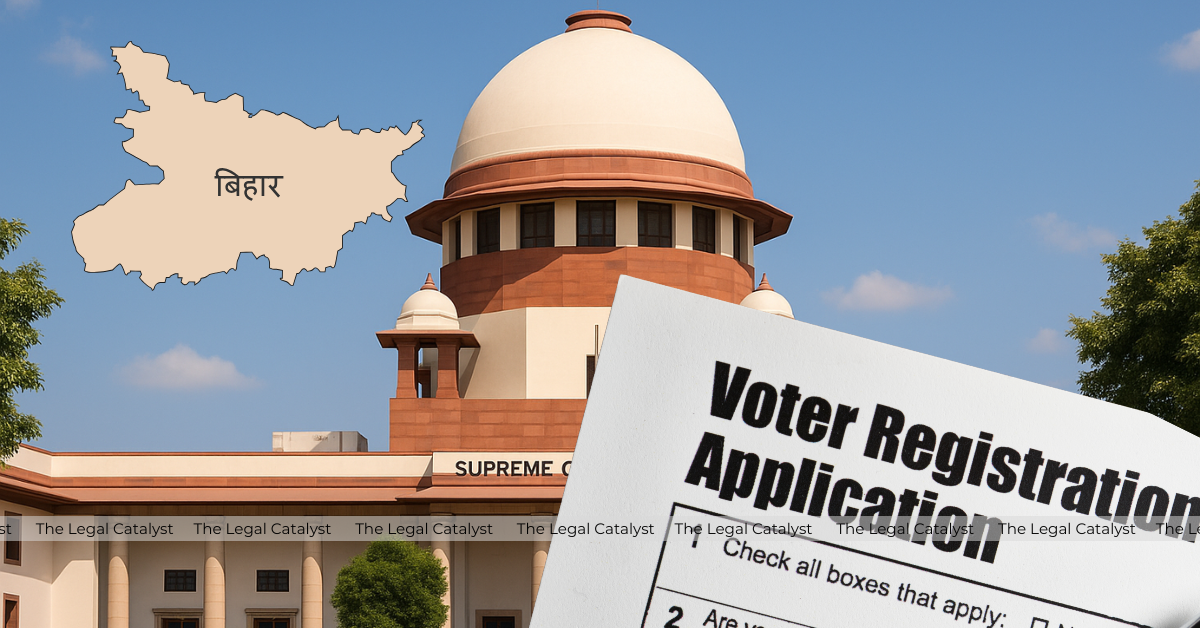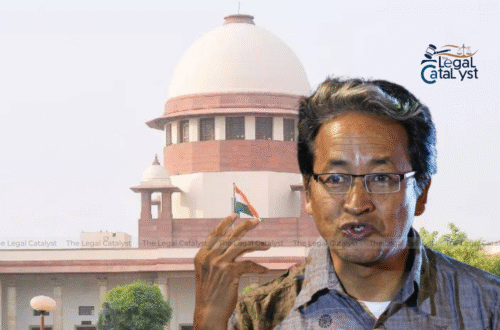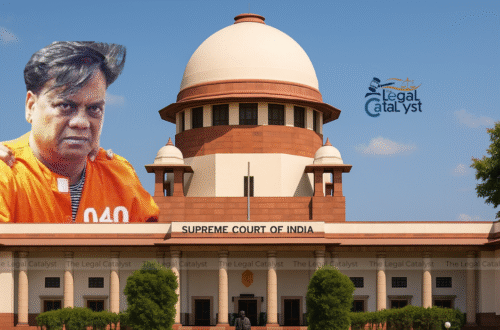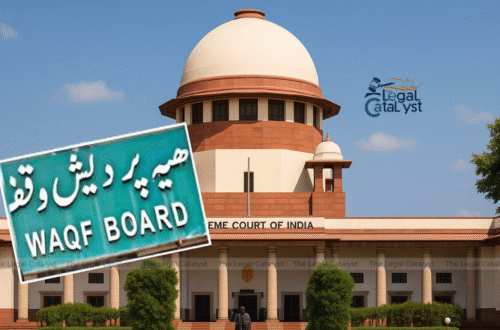New Delhi — The Election Commission of India (ECI) has informed the Supreme Court of a crucial procedure. No elector’s name will be removed from Bihar’s draft electoral roll without prior notice. An opportunity to be heard will also be provided. A competent authority must issue a reasoned order. Deputy Election Commissioner Sanjay Kumar filed an additional affidavit. It was in response to petitions challenging the Special Intensive Revision (SIR) of rolls in the State. The affidavit set out the assurance.
No elector’s name shall be deleted from the draft electoral roll, published on 1st August 2025, without issuing a prior notice to the concerned elector. It must indicate the proposed deletion and the grounds thereof. (ii) There must be a reasonable opportunity of being heard and furnishing relevant documents. (iii) The competent authority must pass a reasoned and speaking order,” the affidavit states. The affidavit also notes that these safeguards are reinforced by a two-tier appeal mechanism. This mechanism is intended to give every elector adequate remedy against any adverse action.
The affidavit was filed in response to a petition by the NGO Association for Democratic Reforms (ADR). Other petitioners, including PUCL and civil society groups, have raised concerns about the SIR process. It was announced on June 24 and may result in large-scale disenfranchisement ahead of assembly elections in Bihar. The ECI told the Court that the first stage of the SIR has been completed. The Draft Electoral Roll was published on August 1. Booth Level Officers (BLOs) conducted house-to-house visits to collect enumeration forms from existing electors.
To maximise inclusion and reduce the risk of wrongful deletions, the Commission said it proactively shared the names of electors. These were electors whose enumeration forms were not received. The names were given to recognised political parties. This action was taken so corrective measures could be taken before the draft roll was finalised.
The Commission aimed to ensure inclusion of every eligible elector whose enumeration forms were not received. It shared the list with Booth Level Agents of the recognised political parties by 20th July 2025. This was done so that, if any entries needed reconsideration, corrective action could be taken. This would allow for the names to be included in the draft roll,” the affidavit explains. Updated lists were subsequently shared for further follow-up, the ECI added.
The affidavit sets out the scale and mechanics of the exercise: of Bihar’s 7.89 crore electors, over 7.24 crore submitted enumeration forms during the SIR, which involved state election machinery, volunteers and party agents. The Commission said it aimed to reach migrant and other hard-to-reach electors. It published advertisements in Hindi in 246 newspapers across the country. It also deployed around 2.5 lakh volunteers — many of them state government officers — to assist voters, including in obtaining required documents. The ECI also said it has been issuing daily press releases and bulletins. These are meant to inform the public about claims and objections. They also detail the timelines for action after the notice period.
Addressing a key grievance raised by petitioners and some commentators, the ECI emphasised the procedural protections built into the SIR. Deletions will not be mechanically applied. They will follow the notice-hear-order route standard to administrative action. This is together with the two-tier appeals framework. The Commission told the Court that it had informed recognised political parties about the lists of electors whose forms were not collected. Political parties could then help ensure inclusion where required.
The affidavit comes after the Supreme Court on July 10 refused to stay the SIR but asked the ECI to accept Aadhaar, Elector Photo Identity Card (EPIC) and ration card as acceptable documents for verification. Petitioners argue that the SIR departs from statutory procedure and could disproportionately affect marginalised communities and migrant workers; the ECI has repeatedly maintained that the exercise is needed to correct demographic shifts and long-deferred roll maintenance — Bihar’s rolls have not undergone such an intensive revision since 2003.
The petitions and the ECI’s additional affidavit are listed for hearing before the Supreme Court on August 12 and 13. The Court will consider several issues. It will examine whether the SIR complies with the Representation of the People Act and the Registration of Electors Rules. The Court will also evaluate if the safeguards asserted by the Commission are adequate. These safeguards aim to prevent arbitrary deletions and protect the franchise of eligible electors.
Connect with us on Instagram – X – LinkedIn for daily updates, quizzes, and other materials
Also Read
J&K High Court Rules Threat Posters to Panchayat Members Not an ‘Unlawful Activity’ Under UAPA






